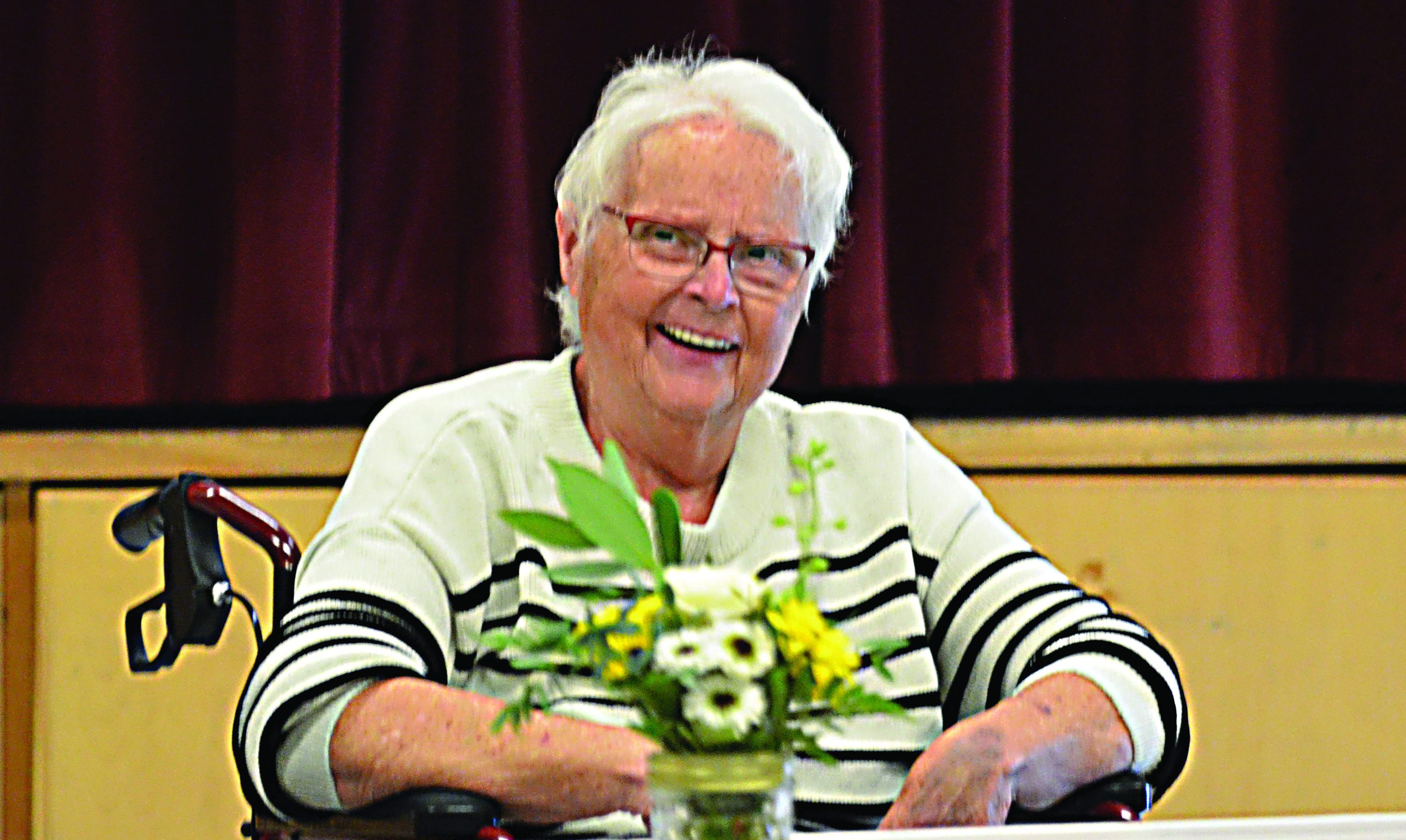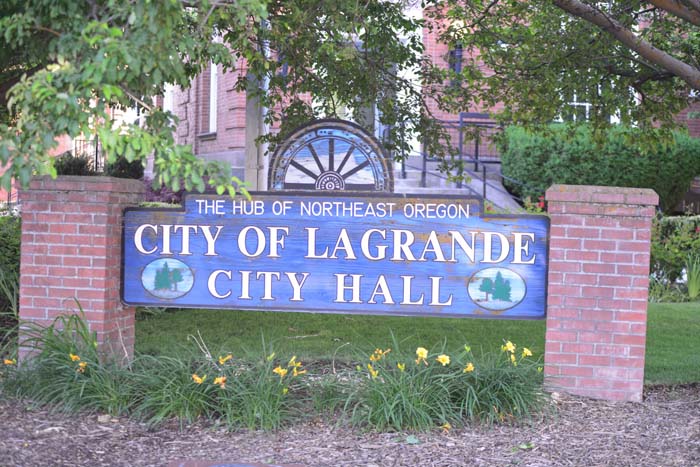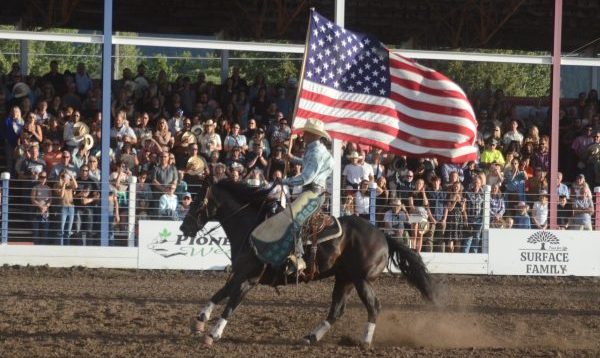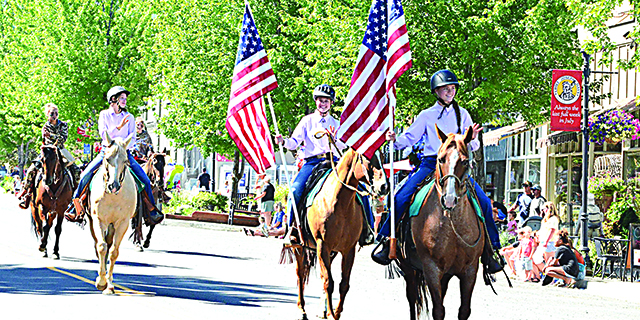POLITICAL PHILOSOPHY: Election of Pope Francis sparks optimism
Published 5:00 pm Tuesday, March 26, 2013

- <p>John McColgan</p>
In my last column, I offered four hypotheses regarding Pope Benedicts surprising decision to step down. Now, in the interest of symmetry and completion, I would like to suggest four causes for optimism regarding the election of Pope Francis.
The first reason that a progressive Catholic like me can rejoice in the selection of Argentinas Cardinal Bergoglio is that this marks the first time in 1,272 years that a non-European has been chosen, and the first time that someone from Latin America has ever been elected. There are approximately 1.2 billion Catholics worldwide, and about 40 percent of all Catholics are from Latin America. Moreover, while church membership is shrinking in Europe, it is growing rapidly in many developing countries.
Trending
With our short historical perspective, we modern observers might forget that Polish-born John Paul II was the first non-Italian pope in 455 years, while his successor, Pope Benedict XVI from Germany, extended that streak to a mere two. Now the election of Pope Francis represents an even greater break with tradition. And while Italy still has far more votes in the conclave than any other country because the administrators of the Vatican, the Curia, groom so many home-grown cardinals in some respects, Cardinal Bergoglios election might be seen not only as a triumph for the church in the developing world, but also as a signal that the cardinals outside Rome would like the Vatican to decentralize power and reform policies.
A second appealing aspect of this selection is that Pope Francis is the first Jesuit to have been chosen. As I hinted in my previous column, the Jesuits value intellectual rigor and encourage the examination of differing points of view. They are renowned for running some of the finest prep schools and universities in the world, and their priests are regarded, along with the Dominicans, as the cream of the crop within the ranks of Catholic teaching orders.
Shortly before his death, the former head of the Jesuits, Cardinal Martini of Milan, chided the church for not reforming some of its rigid positions, especially regarding people who have been divorced. Similarly, in negotiations with his fellow bishops in Argentina, Cardinal Bergoglio himself indicated openness to accepting civil unions for gay couples, a position which drew rebukes from his more conservative colleagues. While it would be unrealistic for progressive Catholics to expect dramatic changes from any new pope, it is heartening to know that Pope Francis comes from a tradition which encourages intellectual exploration and dialogue. (A sober footnote on this point is that the Jesuits did not practice this tradition during the Inquisition, where they acted as the churchs eradicators of heresy an episode in Catholic history for which Pope John Paul II obliquely apologized.)
Balancing his Jesuit roots, Cardinal Bergoglio broke with tradition in yet another positive manner by being the first pope to choose the name Francis. By doing so, he sent a clear message that he intends to be a servant of the people, and especially the poor. In Buenos Aires, Cardinal Bergoglio emphasized this ministry, where he lived in a modest apartment, took public transportation, and worked directly with people in slums. Even on his trip to Rome, he flew economy class, and after being elected pope, collected his bags and paid his own hotel bill. Just as the austere, humble Francis of Assisi was viewed as a challenge to the opulence of the Vatican in his day, so too Pope Francis seems ready to set a new style of simplicity during his term.
Finally, and perhaps surprisingly, the fact that Pope Francis is 76 seems like a plus to me. Typically, the Catholic Church changes very slowly, because the natural tendency of the church is to uphold tradition. But because each pope puts his own individual stamp on the church, I believe that more reform can be accomplished by several popes with short tenures than by one pope serving a longer term. Within 10 or 15 years, there will probably be another election, and about half the College of Cardinals at that time will probably have been appointed by a Jesuit from Argentina who chose the name Francis. That fact alone gives me reason to hope for renewed inspiration within the churchs leadership.
John McColgan is a member of St. Katherines Catholic Church, but he speaks here only for himself and not on behalf of other parishioners.









